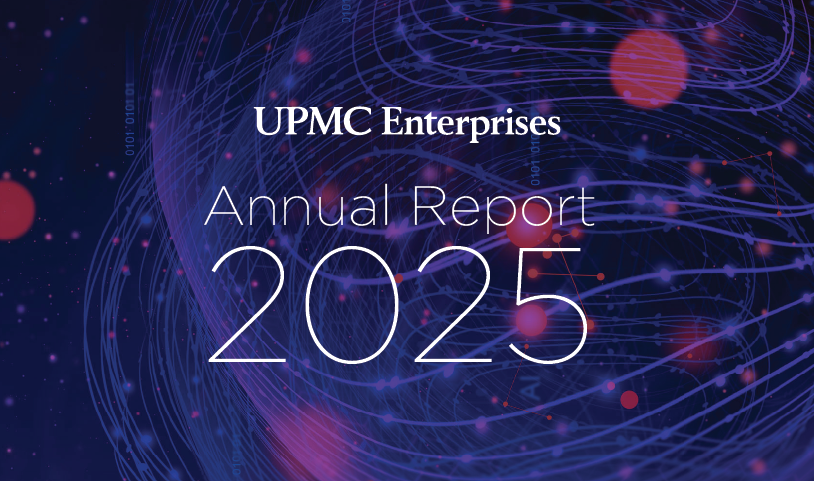
Jul 1, 2022
Proteomics could become ‘a new paradigm’ for precision medicine
UPMC and SomaLogic are studying proteins and their ability to predict cardiovascular events
Precision medicine is changing the way patients are treated based on unique traits of individuals with the current market focus on blood biopsies for cancer.
While many of these treatments are based on a patient’s genetics in cancer screening, there is also great promise in understanding how proteins affect a person’s reaction to specific drugs, particularly in cardiovascular care which currently applies older predictive models to patient diagnosis and treatment.
Known as proteomics, this growing area of precision medicine is poised to advance the field.
“The use of proteomics is going to scale up and become a new paradigm,” said Adrian Lee, PhD, Director of the Institute of Precision Medicine at the University of Pittsburgh and UPMC.
Dr. Lee’s comment was delivered at the Precision Medicine World Conference in Santa Clara, Calif., June 28-30, 2022. He was speaking on a panel, “Advances in Proteomics – Stratifying Cardiovascular Risk to Decrease Costs,” with James Bauersmith, JD, Vice President of Translational Sciences at UPMC Enterprises, and Stephen Williams, MD, Chief Medical Officer of SomaLogic, a proteomics company that has a strategic partnership with UPMC.
Dr. Williams described proteins as “the body’s internet” and noted that proteins are the target of 95% of all known drugs. By decoding proteins using machine learning and advanced analytics to better understand their influence on drugs, clinicians can make sure the right people are taking the right medicines.
SomaLogic and UPMC plan to test how proteomic signatures can be used in diabetic patients with varying risks of cardiovascular events to inform clinical prescribing. Based on prior studies conducted by SomaLogic on its technology, the collaborators aim to determine which patients require aggressive, high cost therapy, such as PCSK-9 inhibitors, and which will do well on standard-of-care anti-diabetic, lipid-lowering and/or anti-hypertensive drugs. The study will drive toward potential outcomes that align stakeholders in health care — patients, doctors, and insurers — by enabling risk-stratified treatments to reduce events and improve patient outcomes in a value-based manner.
Despite the promise of proteomics, the field is relatively new and stakeholders must come together to continue to advance the field. Mr. Bauersmith said payers and pharmaceutical companies should be better aligned on the value presented by proteomics and that the Centers for Medicare & Medicaid Services (CMS) can play a central role to help align incentives.
“The interaction between the payer and pharma is really critical,” he said. “They need to come together sooner rather than later on this.”
And while there is a risk for payers to cover proteomics, academic health systems with their own health plans, such as UPMC, are positioned to realize the value of providing better treatments to their patients.
Learn more about the Translational Sciences focus area at UPMC Enterprises.


